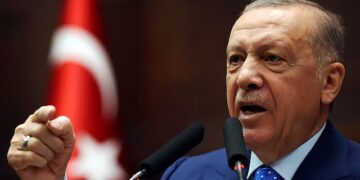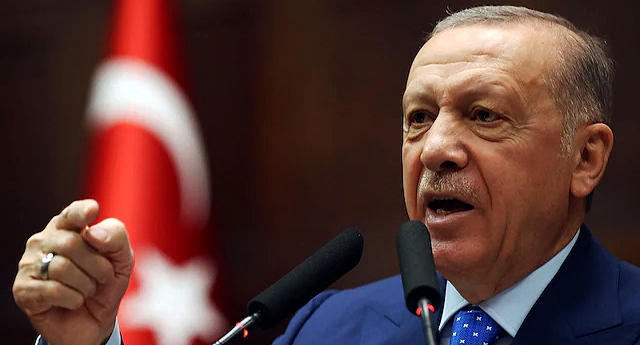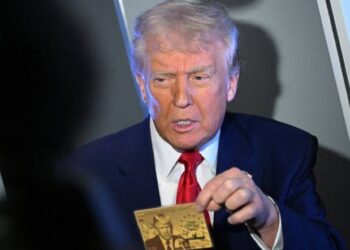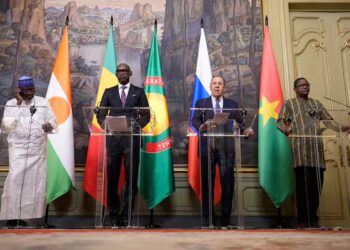By John Ikani
Turkey on Wednesday stopped NATO members from starting talks on the bids launched by Finland and Sweden to join the military alliance, a signal of what could be a bumpy process to expand the alliance and reshape Europe’s post-Cold War security architecture.
Finland and Sweden on Wednesday morning handed their official bid to join the military alliance to NATO chief Jens Stoltenberg.
The momentous decision by Helsinki and Stockholm to pursue membership of the alliance comes after Vladimir Putin’s invasion of Ukraine, a non-Nato member that shares a border with Russia, upturned decades of security thinking.
Helsinki and Stockholm have been militarily non-aligned and nominally neutral in order to avoid provoking Russia. They had indulged the Kremlin’s security concerns at times and tried to maintain good trading relations.
The invasion of Ukraine has changed that calculation.
NATO ambassadors met on Wednesday with the aim of opening accession talks on the same day that Finland and Sweden submitted their applications but Ankara’s opposition stopped any vote, according to a person with direct knowledge of the matter.
President Erdogan had earlier accussed the Nordic countries of harbouring “terrorists” referring to the Kurds.
Turkey claims that the two are harboring Kurdish groups such as the Kurdistan Workers’ Party (PKK) and the Syrian People’s Defense Units (YPG) which Turkey has branded as “terrorists.” The EU and US also classify the PKK as a terrorist organization.
The Turkish president on Wednesday urged the European military alliance to understand the country’s “sensitivity”.
All 30 NATO members need to agree in order to bring a new member into the alliance.
Turkey’s resistance deprived Secretary General Jens Stoltenberg of the consensus he needed to move forward with the membership process.
It also put a damper on a historic moment for two countries that held fast to military nonalignment until Russia’s invasion of Ukraine upended their thinking about security.
NATO diplomats still widely believe Turkey will eventually waive its objections and allow the expansion, which would double the alliance’s land border with Russia. But a process that was already expected to take months could be slower and more complicated than other alliance members had hoped.
A second source of uncertainty is whether Russian President Vladimir Putin will retaliate. Finland and Sweden are in some ways most vulnerable to Russian attack during the period before they actually join, since they are still not covered by NATO’s mutual defense guarantees.
European officials and diplomats said the two countries are prepared for hybrid or clandestine attacks. Several allies have also offered assurances that Finland and Sweden could expect protection in the interim period.




































